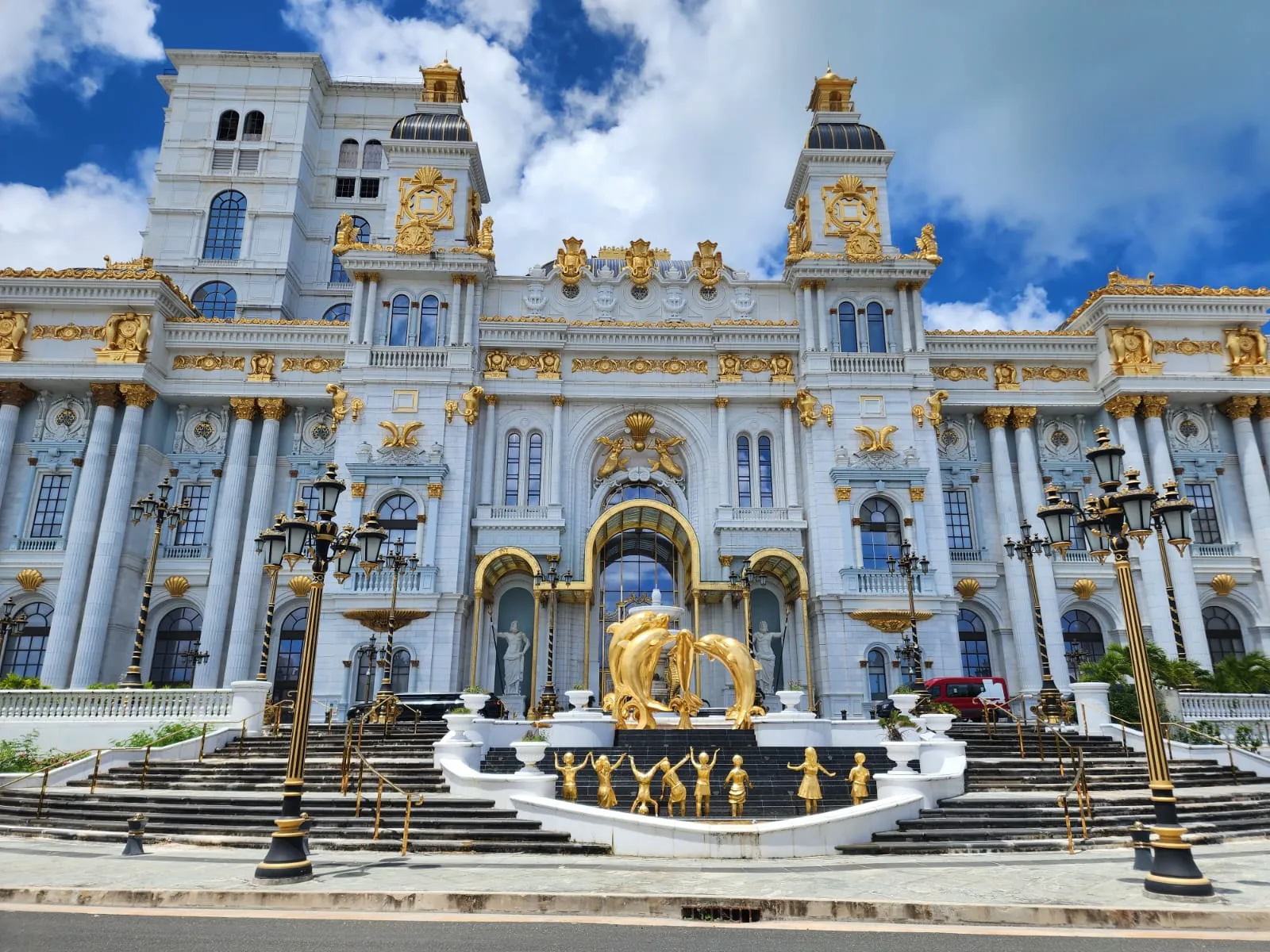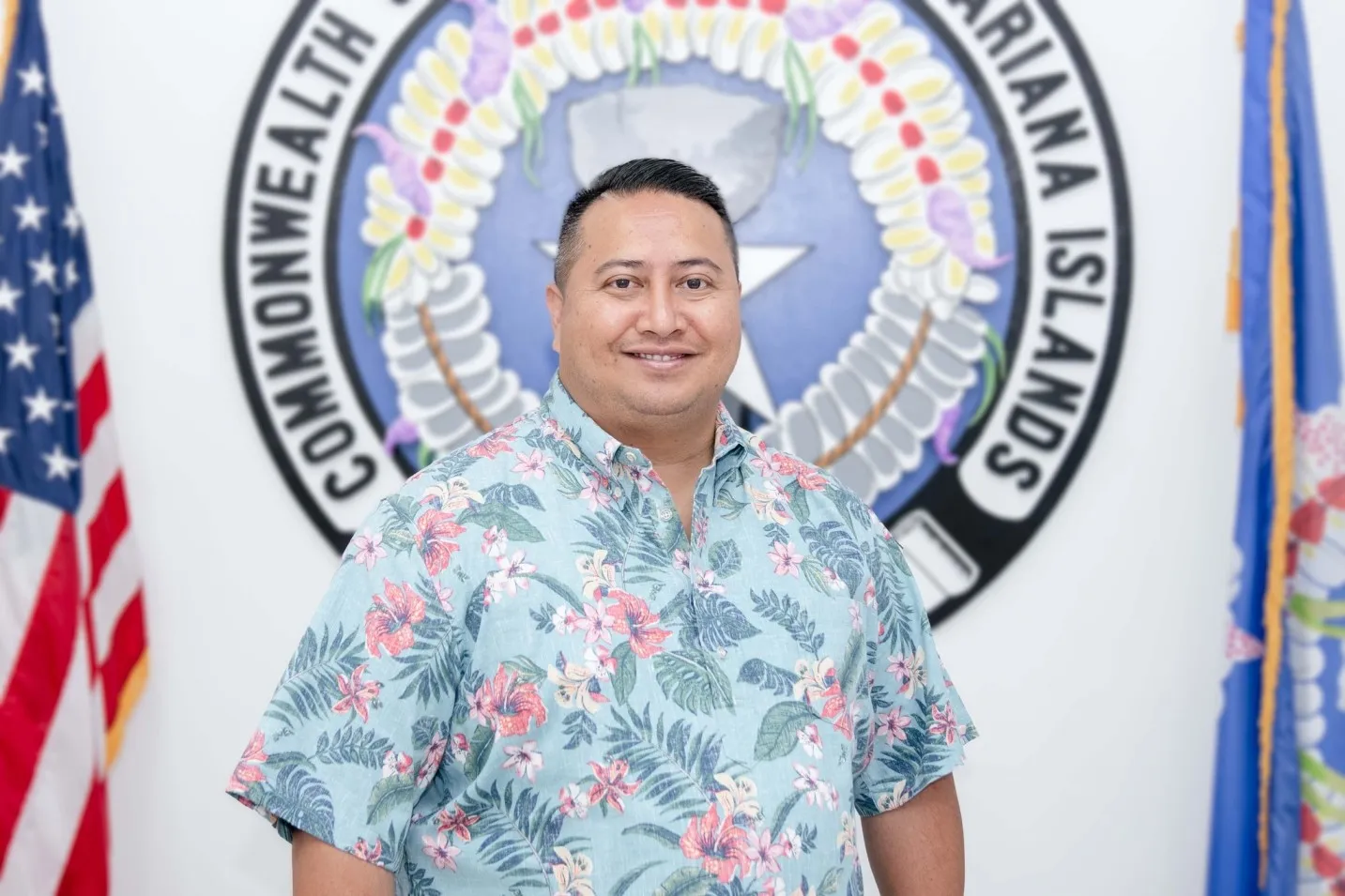“TAKE no heed of the persuasion of the white medicine-man and his friends! For their wickedness they have been cast out from their own land and now they restlessly wander about the ocean seeking whom they may enslave.”
With those words, war was declared on the island of Pingalap, but not the usual kind of war. This was a religious conflict, pitting local priests against Christian missionaries. It was the late 1800s in the Pacific and Westerners encroached irresistibly into the islands. White people came for two reasons: trade and religious conversion, and while trading was embraced by islanders, conversion met with mixed results.
For 20 years, Christian missionaries tried and failed to make inroads on Pingalap. Their strategy had often worked on other islands, which was to convince the chief to convert and he would command his subjects to join the new faith. But on Pingalap, the local priests held great power and had much to lose if the people abandoned them. So, each year a ship docked at Pingalap and disembarked a missionary, and each time the local priests did everything they could to discredit the man and rally others against the white invaders and their foreign god. Each year the resistance succeeded, until one year…
The Christian missionaries tried a new tactic. Rather than send one of their own, who would meet with hostility and frustration, they sent two converted islanders to Pingalap. Perhaps the people would be more willing to listen to members of their own race. If nothing else, it removed many of the arguments the local priests used against Christians. These men were not here to steal anything from them, they were not here to force them bow to a foreign king. They were simply like them and only wanted to help.
When the king of Pingalap, Narbusa, fell ill the priests tried their medicines, spells and charms but to no avail. The king only grew weaker. Then, the priests saw their chance to run the Christians out for good. They told the king that his illness was caused by the two infidels, who, it was reported, were seen on their knees praying to their god, likely asking for this very calamity. The priests, convinced Narbusa was near death, urged him to bring in the Christians. If he recovered, it would prove the power of the foreign god and they would all convert. But if the king died, it would prove Christianity to be a fraud and they would expel the pair of men, ending the annual religious struggle once and for all.
The king agreed to the plan and the two were brought to pray over him. Between prayers they administered some simple remedies the white missionaries had given them, and a miracle occurred. Much to the anger of the priests, Narbusa recovered and they had dug their own pit. Since they had linked the future of religion on the island to the health of the king, they were now doomed by their own treachery.
The king announced that, according to the terms agreed by all, henceforth he and all Pingalap would abandon their traditional faith and convert to Christianity. The island priests found themselves out of work, the white man’s magic had proven greater than their own.
The story of Pingalap’s conversion to Christianity contains important lessons for us. First, not everyone who claims to be your friend is out to help you. Second, not everyone who seems to be an enemy is out to hurt you. Third, don’t ever try to swindle a god.
BC Cook, PhD lived on Saipan and has taught history for 20 years. He currently resides on the mainland U.S.











